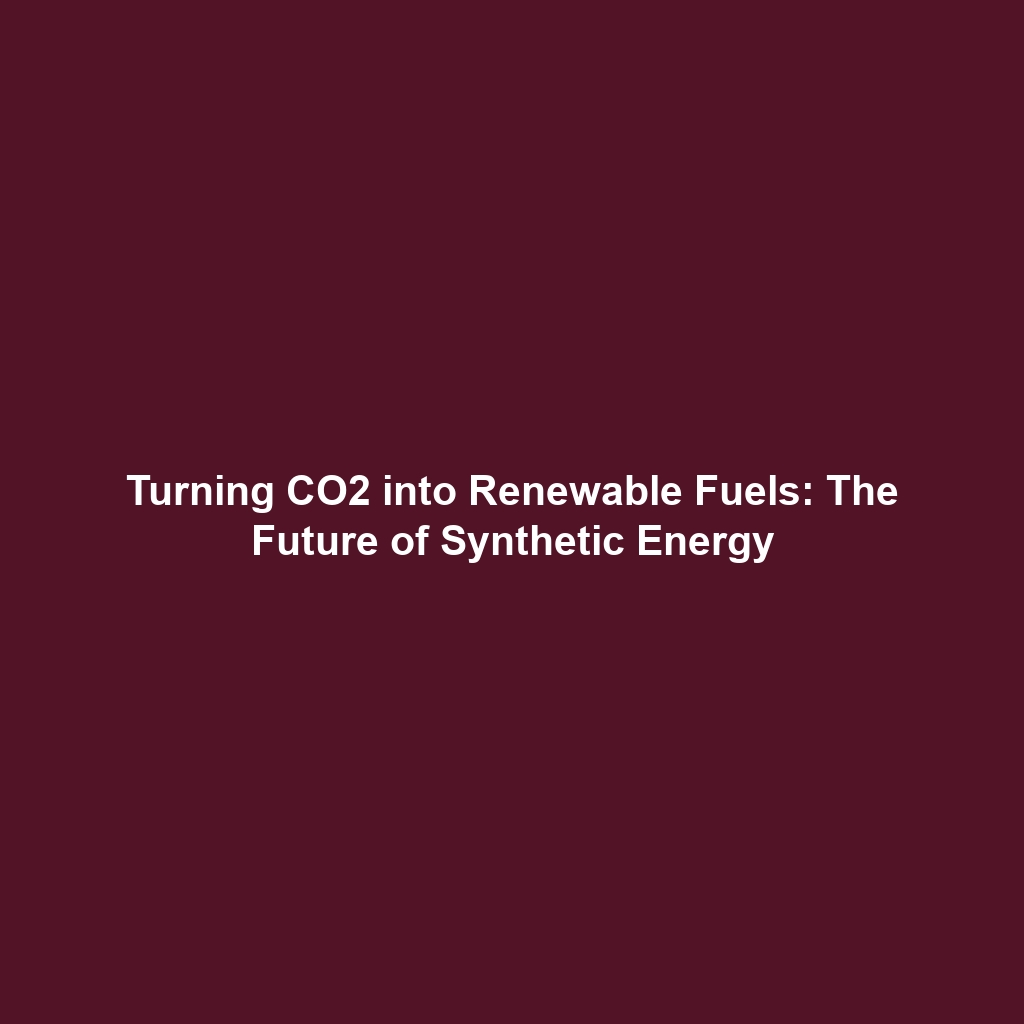Reducing Reliance on Fossil Fuels: The Role of Fusion Energy
As the world grapples with the adverse effects of fossil fuels on the environment and geopolitical stability, fusion energy emerges as a promising solution for transitioning global energy systems away from oil, coal, and natural gas. This shift is not only pivotal for ensuring sustainable energy sources but also for reducing the geopolitical tensions inherent in energy resource competitions. Fusion energy harnesses the power of the stars, offering the possibility of nearly limitless, clean energy—a crucial development in today’s climate-driven landscape.
Key Concepts of Fusion Energy
Fusion energy is based on the principle of combining atomic nuclei to release energy, a process that powers the sun. Key concepts include:
- Nuclear Fusion: The process that occurs when two light atomic nuclei unite to form a heavier nucleus, releasing energy.
- Plasma State: The fourth state of matter essential for fusion, where electrons are separated from nuclei, creating a highly energized environment.
- Tokamak and Stellarator Designs: Key reactor types designed to contain the hot plasma needed for fusion reactions, currently at the forefront of fusion research.
Understanding these concepts is crucial for exploring how fusion energy can contribute to reducing reliance on fossil fuels and the associated geopolitical challenges.
Applications and Real-World Uses of Fusion Energy
Fusion energy can offer transformative applications in various sectors, including:
- Electricity Generation: Fusion reactors could provide major power grids with a sustainable electricity source, reducing dependency on fossil fuels.
- Hydrogen Production: Fusion technology could allow for efficient hydrogen production, which is essential for fuel cells and as an energy carrier.
- Space Exploration: Fusion propulsion technologies could revolutionize space travel, making long-distance exploration feasible.
These applications signify the vast potential of fusion energy to mitigate the impacts of fossil fuel dependence across multiple domains.
Current Challenges in Fusion Energy Research
Despite its promise, the pursuit of fusion energy faces several challenges:
- Technological Barriers: Developing reliable containment systems such as magnetic confinement and inertial confinement is still a complex task.
- Economic Viability: High initial investment costs and uncertain returns on fusion projects pose significant financial challenges.
- Public Perception: Misunderstandings and fears surrounding nuclear technologies can hinder funding and support.
Addressing these challenges is critical for the successful adoption of fusion as a mainstream energy source.
Future Research and Innovations
As research in fusion energy progresses, several innovations are on the horizon:
- Advanced Reactor Designs: Innovative designs such as the ITER project in France and various private sector experiments aim to achieve net-positive energy output.
- Material Science Breakthroughs: Ongoing research is focused on developing materials that can withstand extreme temperatures and radiation in fusion reactors.
- AI and Computational Models: Enhanced simulations and AI-driven models are being developed to better predict plasma behavior and optimize fusion processes.
These advancements point toward a future where fusion energy might play a significant role in global energy solutions.
Conclusion
Reducing reliance on fossil fuels through fusion energy represents a vital step toward a sustainable and less conflict-prone energy future. By transitioning away from oil, coal, and natural gas resources, humanity can decrease geopolitical tensions and foster global cooperation in tackling climate challenges. Continued investment in fusion technology and research is crucial to unlock its immense potential. To learn more about fusion energy and its applications, visit our Fusion Energy Insights section.

